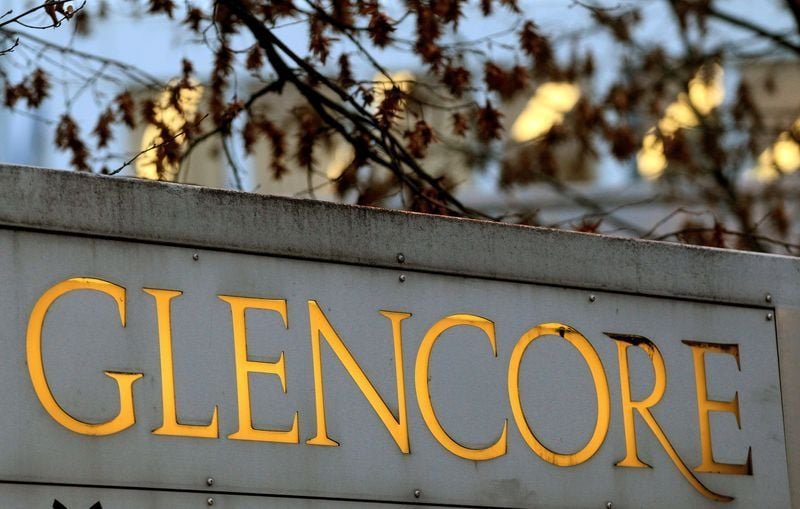Glencore’s London listing decision has reinforced its commitment to the UK market. On Wednesday, the FTSE 100 miner confirmed it will keep its stock market listing in London, rejecting earlier suggestions to move to the US.
The Swiss-based company completed a detailed review of its listing options. After evaluating the potential benefits, Glencore concluded that moving to a US exchange would not increase shareholder value. Instead, it chose to remain on the London Stock Exchange.
The company reported a net loss of $655 million (£492 million) for the first half of 2025. That figure nearly tripled its $233 million loss from the same period last year. Several challenges contributed, including falling coal prices, lower copper output, and uncertainty from US mineral tariffs under Donald Trump’s administration.
To improve its financial outlook, Glencore launched a $1 billion cost-cutting plan. CEO Gary Nagle said he remains confident in the company’s position on the London exchange.
In recent years, many UK firms have shifted to US markets. Executives believe larger investor pools in the US can lead to better valuations. However, Glencore said in its latest presentation that the move would not benefit shareholders at this time.
Despite praising the depth of US capital markets, Glencore ruled out creating an American depositary receipt (ADR) or becoming a US domestic issuer. The company plans to continue monitoring global market conditions and may revisit the decision later.
As of Tuesday’s market close, Glencore held a valuation of £35.9 billion. It ranks as the 21st largest firm in the FTSE 100 by market capitalization. A move away from London could have jeopardized its place in the index.
Other companies, including Ashtead Group and Flutter, have shifted their listings to the US. But Glencore’s choice preserves its FTSE 100 membership and avoids complications tied to S&P 500 eligibility.
Relocating its legal base could also create tax issues. Some institutional investors might have needed to divest due to regional investment restrictions.
Despite market challenges, Glencore described its recent performance as solid. The company credited stable operations during a volatile period shaped by US tariff shifts and global tensions.
“These aren’t structural arbitrage moves,” Nagle said. “Tariffs come and go quickly, creating instability.”
Glencore’s decision to stay listed in London reassures investors. It highlights the company’s strategic discipline and support for the UK financial market.
For more updates, follow London Pulse News.


